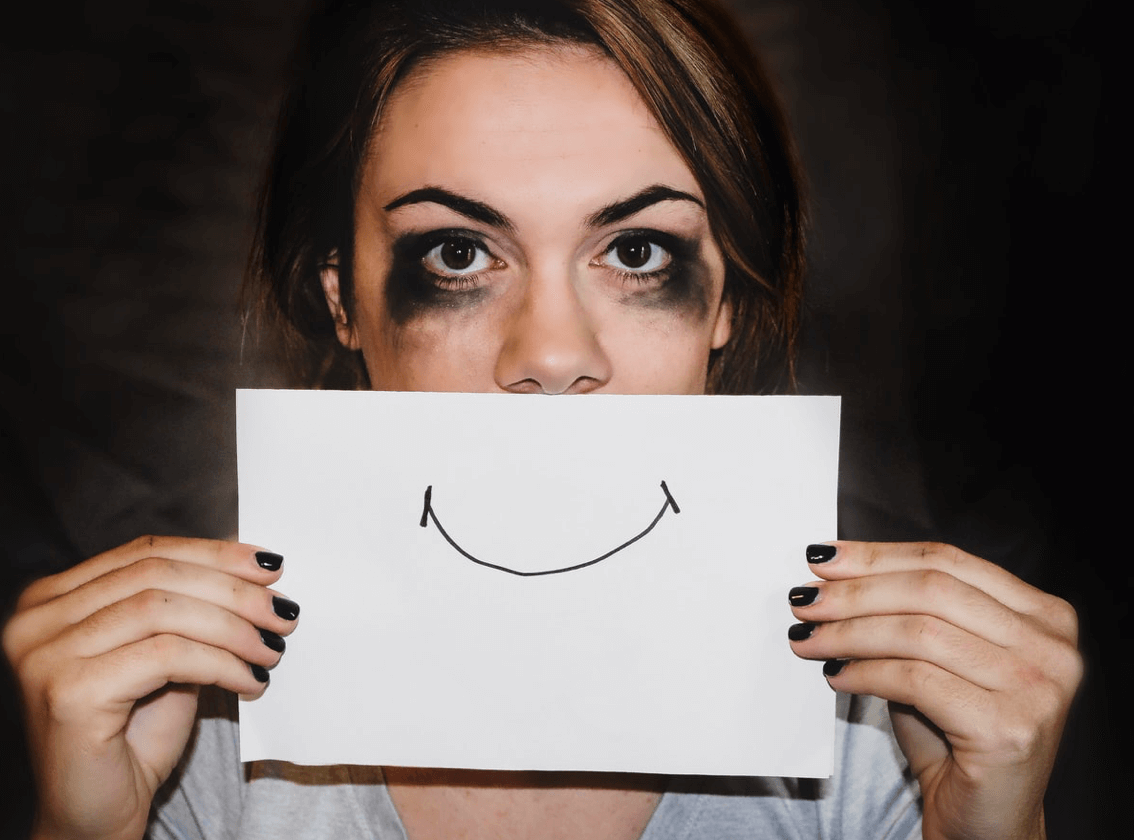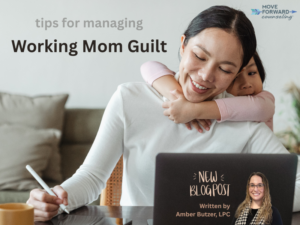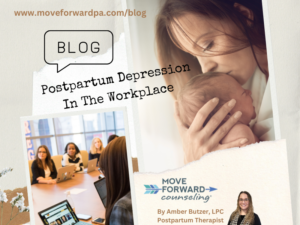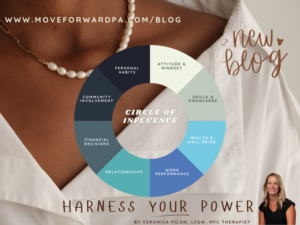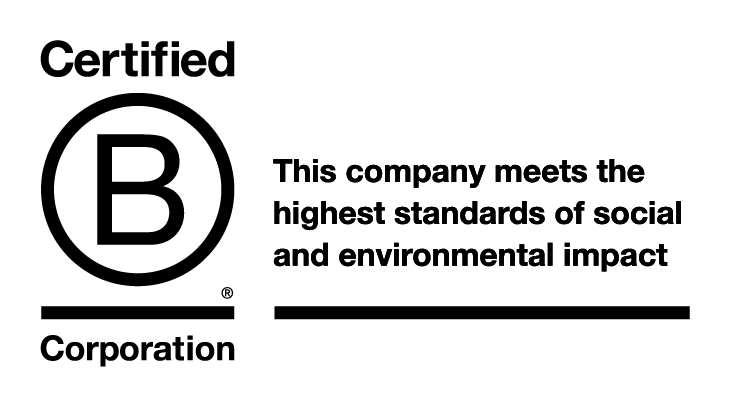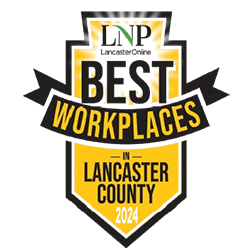As a culture, we have been conditioned to think that we should be working all the time. Our phones are constantly with us. We respond to emails the second they come in. It never stops. Ultimately leading us to exhaustion, feeling overwhelmed, stress, anxiety, and depression (because all we feel like we are doing is working). We are suffering from burnout.
Workplace burnout has become so common that the World Health Organization recently classified it as an “occupational phenomenon” on its International Classification of Diseases. WHO classifies burnout as a “syndrome conceptualized as resulting from chronic workplace stress that has not been successfully managed.” Characteristics include: (1) feelings of energy depletion or exhaustion; (2) increased mental distance from one’s job, or feelings of negativism or cynicism; and (3) reduced professional efficacy.
What About Balance?
It is no wonder all these years of increased workloads, constant connection, longer hours in the office, and less taken vacation time is catching up to us. We need balance. We need time to slow down, take breaks, relax and reset. Think about it — are you really working at your best if you are exhausted?
It is eye-opening to see this formal classification. The reasons we work are to live. But we are working so much, we are missing out on life. Yes, we want success and feelings of accomplishment. But what about the other things that make us, US? Time with family/friends, travel, exercise, weekend hobbies, or even just binge-watching a tv show. It is not that these things aren’t happening, it is just that they are taking less priority than they used to.

Making Mental Health A Priority
Being successful in our careers is important, and money is what we need to do many of the things we enjoy but our mental health needs to take priority. We need to be taking more breaks and time off from work. We need to disconnect when we get home in the evening and take the occasional moment in life to do absolutely nothing. We need to recharge, refuel, and remember just why we do what we do.
We take sick days when we are feeling under the weather but when our mental health is struggling we tend to ignore it and try to forge on. Next time, consider taking a mental health day.
Signs You Need a Break
If you are having trouble remembering things, are feeling increasingly overwhelmed or are distracted (making it difficult to get things accomplished) this is a good sign that you need some self-care. Make a list of the things you need to get done and then take a day off and get to the list when you feel refreshed. Breaks can be hard to take because we tend to feel stressed at all we have to get done when we return, but if you allow your brain to refresh you will be able to work more productively when you return.

Think of your body as a vehicle. If you don’t give it gas or regular maintenance, it will ultimately break down. Make sleep, healthy eating, disconnection, and relaxation a priority—that is the fuel to keep you going at your best.
If you are struggling with work-life balance, a licensed professional counselor can work with you to develop a plan for a healthier you.

